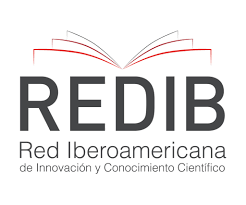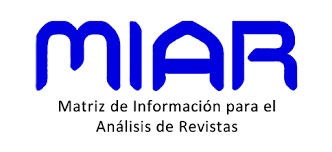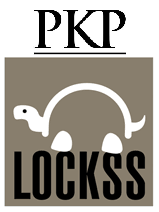Philosophy, technology and education. Platonic reading of Neil Postman
DOI:
https://doi.org/10.51743/cpe.339Keywords:
education, ideology, new technologies, pahrmakon, writingAbstract
Based on Neil Postman’s reading of the famous passage from Plato’s Phaedrus about the invention of writing, this article aims to analyze which principles from the old Platonic text are relevant to a present- day reflection on technological society. Once these principles have been detected and analyzed, this article considers the consequences of their application in the field of education, within the humanities, in general, and philosophy, in particular. This article works with two background ideas. The first consists of analyzing how new technologies implement new ideologies and, therefore, are not limited to acting as simple tools. The second is to think of education as both part of the problem and perhaps the only possible solution. In this sense, education would function as a poison and a remedy, a term that we find in the Platonic Phaedrus enunciated as “pharmakon”.
Downloads
Global Statistics ℹ️
|
679
Views
|
642
Downloads
|
|
1321
Total
|
|
References
-Derrida, J. (1975, 3ª edición 1997). La diseminación. Editorial Fundamentos.
-Freud, S. (1976, tercera reimp. 1992). El malestar en la cultura, en Obras Completas, tomo XXI. Editorial Amorrortu.
-Huxley, A. (2003). Un mundo feliz. De bolsillo.
-Innis, H. (1951, 2ª ed. 2008). The Bias of Communication. University of Toronto Press.
-Kafker, F. A. (1988). The Encyclopedists as individuals: a biographical dictionary of the authors of the Encyclopédie. Oxford.
-Lipovetsky, G. y Serroy, J. (2009). La pantalla global. Cultura mediática y cine en la era hipermoderna. Editorial Anagrama. DOI: https://doi.org/10.7764/cdi.24.61
-Orwel, G. (2013). 1984. De bolsillo.
-Platón. (1988). Fedro, en Platón Diálogos Vol. III. Editorial Gredos.
-Postman, N. y Weingartner, C. (1973). La enseñanza como actividad crítica. Editorial Fontanella.
-Postman, N. (1991, 2ª ed. 2001). Divertirse hasta morir. El discurso público en la era del “show business”. Ediciones de la tempestad.
-Postman, N. (1992). Tecnópolis. La rendición de la cultura a la tecnología. Galaxia Gutenberg.
-Racionero, Q. (1990). El discurso de los Reyes. Materiales para el estudio del origen de la filosofía en Grecia. Publicaciones de la Universidad Complutense.
-Racionero, Q. (2010). La inquietud en el barro. Lecciones de historia de la filosofía antigua y medieval I. El espíritu griego. Editorial Dykinson.
-Weiner, N. (1958, 3ª ed. 1988) Cibernética y sociedad. Editorial Sudamericana.
- Whitehead, A. N. (1993). The Adventure of Ideas. The Free Press.
-Wittgenstein, L. (2009). Tractatus Lógico-philosophicus. Investigaciones filosóficas. Sobre la certeza. Editorial Gredos.
-Édition Numérique Collaborative et CRitique de l’Encyclopédie ou Dictionnaire raisonné des sciences, des arts et des métiers (1751-1772). http://enccre.academie-sciences.fr/encyclopedie/
Downloads
Published
How to Cite
Issue
Section
License
The author reserves the rights (copyright) of the published works, and the journal encourages and allows their reuse, from the preprint. The works are published in the electronic edition of the journal under a license "Creative Commons Attribution / Attribution-NonCommercial 4.0 International Public License - CC BY-NC 4.0", and can be copied, used, disseminated, transmitted and publicly exhibited.
The author / s partially transfer the property rights (copyright) of this work for the printed and online editions, provided that:
- The authorship and original source of its publication (magazine, publisher and URL of the work) is cited.
- Are not used for commercial purposes.
- The existence and specifications of this user license are mentioned.
It also declares to have respected the ethical principles of research and to be free from any conflict of interest.
"C.P.E." encourages the authors and the scientific community to the maximum promotion and dissemination of the works in their final version through:
1) Your list of contacts (emails) and social networks (Facebook, Twitter, LinkedIn ...).
2) Institutional repository of your University and public repositories (Mendeley, Cosis ...).
3) Scientific social networks (ResearchGate, Academia.edu, Kudos ...).
4) Personal or institutional website, blog, etc.
5) Google Scholar, ORCID, ResearchID, ScopusID, Dimensions, PlumX ...
6) Printed copies purchased directly and sent to specialists for reading and subsequent citation if appropriate.




















1.png)
1.png)

1.png)





.png)
.png)

.png)
1.png)
1.png)
